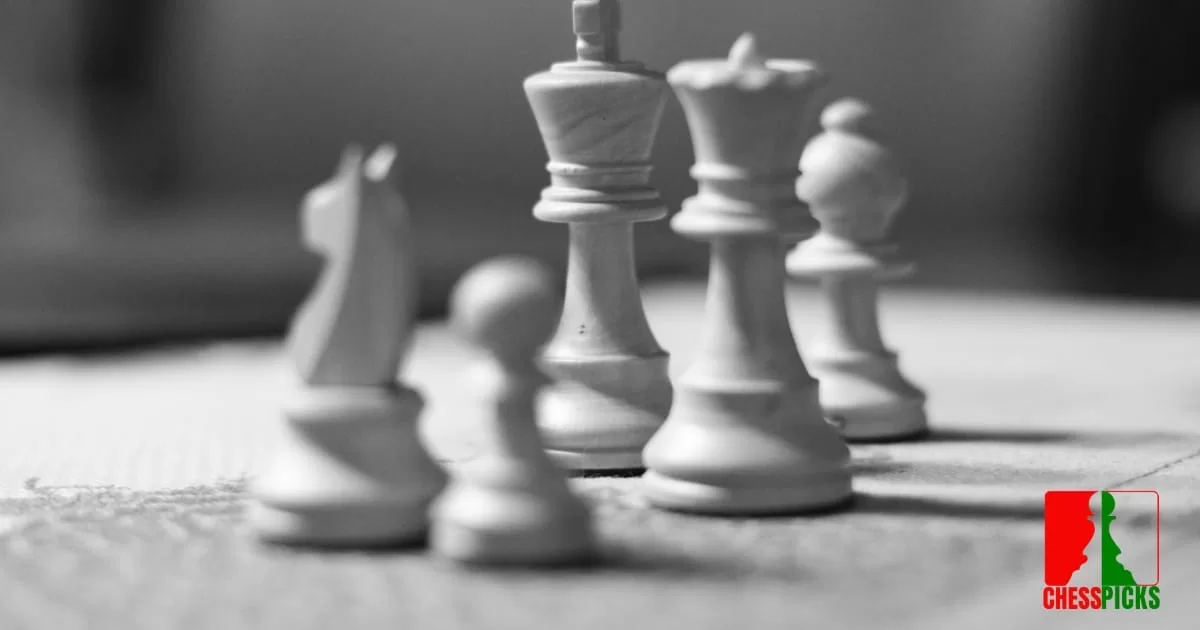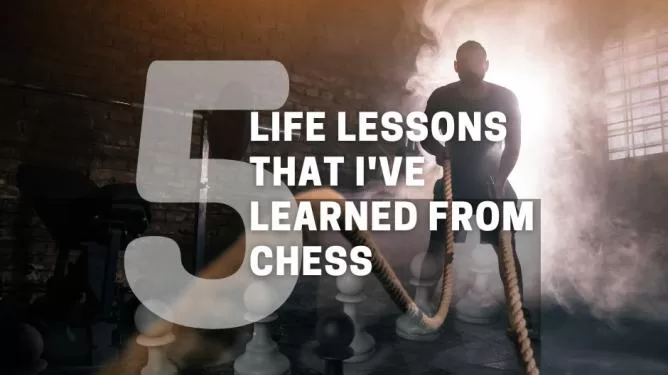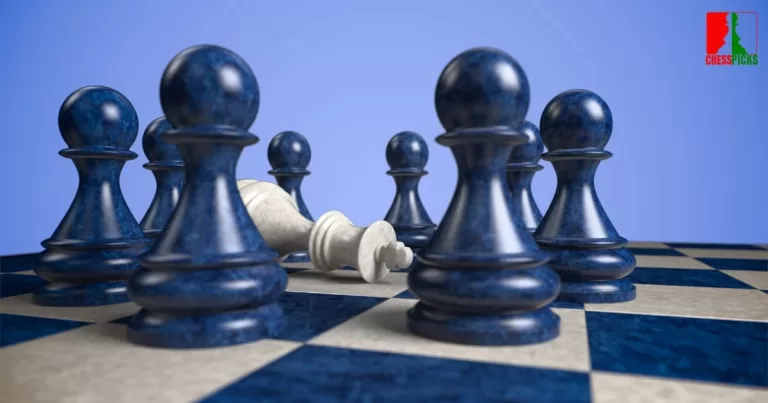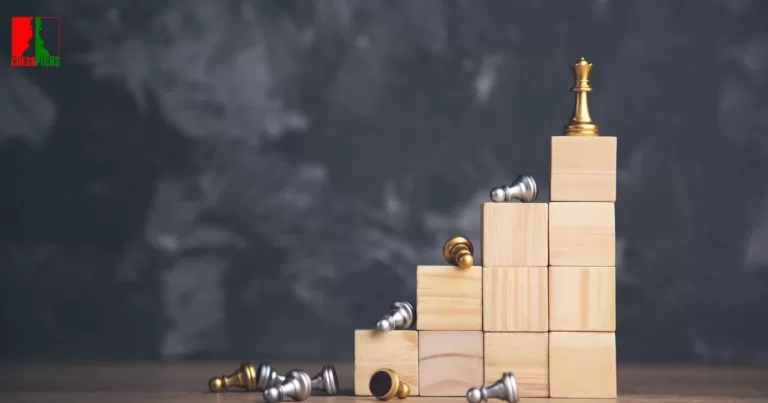
5 Life Lessons That I’ve Learned from Chess
Chess is a big part of my life. It’s a game that I have dedicated my free time to playing and improving at. And it’s also a game that has taught me so much. It has built and strengthened my foundational knowledge of basic philosophy, the sciences, mathematics, and psychology.
And just like in each chess match, every aspect of life offers multiple choices; certain moves will result in different directions, but all of them are worth taking!
I’ve learned a lot of lessons from chess, but these are my top five:
1. Chess is the Epitome of Gameplay
Chess is nothing if not an epitome of gameplay. This ancient game gives you the means to have a good time without offering an exaggerated arena. The magic and beauty of the game are in the elegance and simplicity of the chess set.
Chess has the oldest rules that have been sustained for centuries, making it a timeless game. Chess prompts you to work towards balancing your losses and rewards.
To enjoy the game, you have to identify with your inner feelings to engage your mind.
The chess arena is all about you, the chess board, and your opponent.
2. Chess is a Game Full of Possibilities
Chess is a game full of possibilities that involve making situational decisions. And so is life! Even after making a wrong or a weak move, there is a chance that a few tradeoffs can restore your chances of having an edge over your counterpart. Winning inevitably involves sacrificing some of your best resources to weaken your counterpart.
Regardless of how you choose to implement your strategy, chess is a game of constrained resources. However, like a game of wit, chess gives you control. Playing against a capable opponent tests both your intellectual and emotional intelligence.
Always choose the path with the least resistance to save your energy, use bait if possible.

3. Chess Offers Everything to Everyone
The thrill that comes with winning against a worthy opponent is what derives many chess players. But chess is not all about ruthless competition; it is more than that. It appeals to all people with different aspirations.
Even when playing with an opponent, a lot happens in your mind. You have to make decisions that reflect the battles within as an individual. You have to know how to balance your desires with reality. Making a well-thought-out move is similar to approach a life’s challenge.
Sacrificing your resources for a later gain is about timing your moves to control your risks.
Always choose the best moment to disarm your opponent by misleading them with your moves and acting when least expected.
This is typical of most if not all, life decisions.
4. Understanding both Clear and Unclear Benefits
Chess was designed to be unfair for a good reason. Winning is about strategy , or sometimes luck. Any weak decision on the part of your opponent contributes to your luck, which is a clear benefit. But you must know how to make the best out of your luck.
The best chess players like Mangus Carlsen can predict many opponents’ moves. This is the most difficult, yet the most significant reality of chess. All choices have consequences, even when you are offering your pawns to get into your opponent’s mind.
” When you focus on winning, everything else gets overshadowed. “
For instance, achieving a work-life balance is a wide area with many approaches and perspectives. Whether you are in business as a way of life or to make a living, success follows a seamless integration of both.
In life and business alike, the surest way of sustaining a relationship is to adjust your winning objectives. Chess is one of the best examples. When you focus on winning, everything else gets overshadowed. Make it about something else, some unclear benefits, and never about competition.
5. Is Chess Always About Edging Out an Opponent?
We all have our inner battles. Our inner self is the most complicated. It is comprised of emotions, feelings, intuitions, values, and beliefs. Battling an opponent is only successful after a successful battle of an individual’s battles within themselves. Your ability to face adversities in your outer world depends on your ability to cope with your inner self.
” I don’t use chess to assess my ability to win, I use it to assess my resilience and my ability to strategize. “
I learned the best tactics and lessons as a novice player . My definition of a win depends solely on the quality of my decisions. Fast forward to the present am still an average player, I don’t use chess to assess my ability to win, I use it to assess my resilience and my ability to strategize.
What lessons have you learned from chess so far?




Leave a Comment